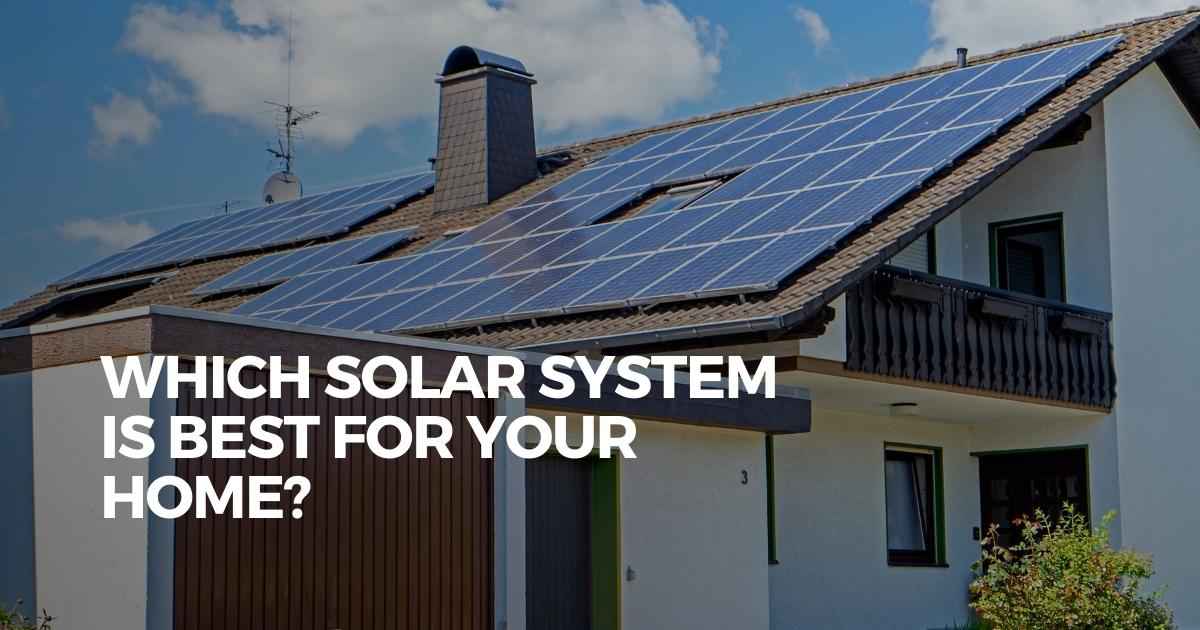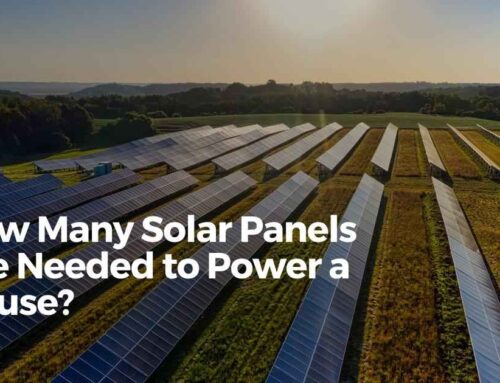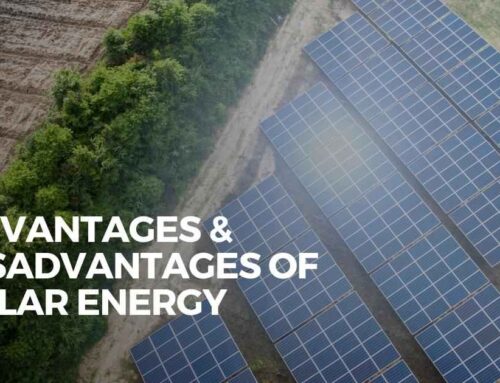ENERGY-AN INTRODUCTION
Scientists generally define energy as ‘the ability to do work, an ability to exert a force causing displacement of an object’ or quite simply, ‘the force that causes things to move’. People use energy to walk, ride a bicycle, drive their vehicles along roads, cook food on stoves, light their homes and offices, manufacture products and even send astronauts into space.
The future of any economy and the combined well-being necessitate a far-reaching response to the climate crises, bringing about a shift from fossil fuels towards natural renewable energy sources, putting a swift end to greenhouse gases transitioning to solar, wind and other renewable sources of electricity.
With the advent of numerous solar installation services, solar panels have become a smart investment that saves homeowners thousands on household electricity costs and increases your home value, and it is good for the planet by helping to reduce your carbon footprint and improve local air quality. The cost of putting residential solar panels on your home can be less than your electric bill, with a variety of financing options. There are various residential solar energy solutions available now and most of them allow you to calculate your cost before making the decision of installing solar systems at your home.
WHAT SHOULD YOU CONSIDER BEFORE CHOOSING A SOLAR INSTALLATION SERVICE?
More home owners ever before are discovering the benefits of residential solar energy solutions. Solar capacity is projected to grow significantly thanks to an abundance of sunshine, falling panel prices, and favorable policies.
Here are several factors that you should know to determine whether you need a solar installation service at your home and whether it is a good fit for a solar panel installation:
- Shade is one of the most common reasons people cannot install residential solar panels. Trees or other impediments to full sunlight throughout the entire day can negatively impact solar panel efficiency.
- For rooftop systems, your roof must be in good condition. It is ideal but not necessarily required for your home to have south or west exposure. Solar can be mounted on all roof materials.
- Depending on the residential property, ground-mounted solar panel systems and solar carports may be good alternatives if rooftop solar is not feasible.
- The choice to pick the right residential solar energy solution makes sense only if you are planning to stay in your home for at least 2 years. If you are planning to move soon, consider waiting to install solar on your new home!
- If you are building a home, it’s less expensive to incorporate solar installation services into your budget from the beginning. They will work with your developer to ensure the process is efficient and seamless for you.
- Many life changes can contribute to an increase in household electricity usage that may prompt you to consider home solar panels. These include moving into a larger home, adding to your family with children or older parents moving in, purchasing an electric vehicle, or installing a pool. If your electricity bills have recently gone up, now is the perfect time to see how choosing a residential solar energy solution can lower your bills.
Before going solar, you should know the average amount of energy your household requires daily. This information will help you determine whether your house is suitable for solar panels and whether you need to avail residential solar energy solutions. You should also research the type of solar panels you need. High-efficiency solar panels will generate more energy on a daily basis, and you can store that energy in a battery for backup power if needed.
Renewable energy the best way to power one’s home. Renewable energy uses natural earth-elements to provide power. These natural elements continuously renew themselves and can never run-out and many of these can be harnessed in order to power homes in a less environmentally damaging way.
Solar energy is a great option and probably the most popular form of renewable energy source. Solar panels are installed on the rooftops which are used to convert sunlight into electricity and heat for homes. China, Japan and U.S. are leading this change towards solar power, but there is still a long way to go. Solar thermal energy is also being used around the world for heating, as well as cooling.
Cities and federal governments in Pakistan and the world over, have been busy introducing solar installation services for all industries. They have begun to initiate policies which are aimed at increasing use of renewable energy in the coming years. More than 100 cities in the world now claim 70 percent renewable energy, where others are committing to adopt the change. Particular policies could encourage renewable energy use, bringing about fuel economy standards and build efficiency- standards.
ADDITIONAL BENEFITS OF SOLAR-POWERED HOMES: Helps preserve the environment - Choosing to run your home with solar energy helps protect the planet and reduces your carbon footprint. Using the sun’s power to produce electricity reduces the need for harmful fossil fuels. Fossil fuels emit greenhouse gases and impact local air quality.Helps preserve the environment- Choosing to run your home with solar energy helps protect the planet and reduces your carbon footprint. Using the sun’s power to produce electricity reduces the need for harmful fossil fuels. Fossil fuels emit greenhouse gases and impact local air quality.
Saves you money on your electric bill - Running on solar is essentially free electricity for the panels’ 25-year lifespan once you save enough on your energy bill to gain back your initial investment.
Reliability - Reliability is one of the biggest deterrents when it comes to using solar panels as a main energy source for homes. Solar panels require sunlight, so they’re far more productive during certain seasons. However, as long as the sun is shining, the chances of your residential solar energy solutions failing at all.






Leave A Comment